Food Sensitivities & Allergies: It’s Okay When All Foods Don’t Fit
There seems to be a growing prevalence in articles about intuitive eating, non-diet approaches to food and nutrition, and experts advocating for an “all foods fit” mentality. Generally speaking, I think this is great! I like to joke that I give equal opportunity to both chia pudding and cheesecake, so I’m totally on board with the message that no one needs to unnecessarily restrict foods or deprive themselves.
At the same time, I think it’s really important to note that sometimes dietary restriction is necessary. As with much in life, nutrition is a very gray area, and very individualized. Sometimes all foods don’t fit, and that’s completely okay.
I’ve been having this conversation with more and more dietitian colleagues. Typically at some point in the conversation I bring up my personal example of having a tree nut allergy that can induce anaphylaxis and very quickly become life-threatening. No way around it, tree nuts do not fit in my diet. Ever.
I’m often told, “well that’s the exception, it’s an extreme example.” Sure, it’s extreme in the sense that most people aren’t going to have life-or-death reactions to food. Yet the life-threatening nature of a severe food allergy does not give it any more justification to restriction than others who are avoiding foods due to sensitivities, intolerances, or managing medical conditions.
I remember a professor in school who kind of brushed off the legitimacy of food sensitivities because there’s so much we don’t know, and they’re not life-threatening like food allergies can be. Unfortunately, this damaging view is one many professionals share, and one that I thought was the “right” view for a bit, too. Especially because I am one of those people who has a life-threatening food allergy, I bought into the idea of, “why restrict when you don’t have to, it’s not like you could die.”
But life works in a funny way. See, there was a point when I was in school for nutrition that I began having horrible gastrointestinal symptoms and was eventually diagnosed with irritable bowel syndrome (IBS). My instinct told me there was a dietary trigger because the worst pain, bloating, and emergency bathroom trips always happened right after eating. My gastroenterologist just told me to avoid artificial sweeteners, take a probiotic, and take a prescription. I briefly entertained overwhelmingly confusing attempts to figure out if my diet played a role, but especially since I was already questioning the validity of food sensitivities, I ultimately didn’t stress it too much. I saw improvement with the probiotic and prescription, but my quality of life was still no where close to where it had been before.
I remember traveling out of state for the orientation of my dietetic internship program. I was rooming with several other ladies, and I remember scouring the hotel for additional bathrooms and telling my roomies that I was going on a long walk to call my husband and catch up. Little did anyone know that half the time I was gone was spent in the bathroom.
I was always so afraid to eat when I was at school, work, or during my internship, because I never knew if something would trigger me and I’d end up with severe abdominal pain so bad it hurt to breath or if I’d even be able to get to a bathroom in time.
One day enough was enough. I hadn’t eaten yet that day. My husband and I went for a long walk that morning, and even though I was hungry, I was already in pain and didn’t want to risk GI distress while out walking. After our walk we had errands to run. We were both hungry and wanted to grab something out, but I just didn’t know what. I was so overwhelmed and so over it. I hated walking into a store for a quick errand and having to scout out the closest bathroom, because chances were I’d need a bathroom ASAP at some eminent point. I hated avoiding or cutting short time spent with my husband or family because I knew I’d need to be home by a bathroom for a while. I’d had enough.
A couple fellow dietetic interns and internship preceptors encouraged me to try eliminating gluten from my diet, as they knew of others in similar situations that it had helped. So on that particular day as I sat crying in my husband’s truck I decided I had to at least try something. So, I stopped eating gluten.
Literally overnight I saw a massive improvement. Do you know what it’s like to wake up every day in pain and then one morning wake up and after a few minutes you suddenly realize, “oh my gosh, I’m not in pain!”? I never looked back.
I share this because while I don’t want anyone to ever restrict food unnecessarily, sometimes it’s necessary. And I feel this is a really important message to share, because recently I’ve started hearing more professionals question the validity of necessary food restriction, suggesting it may just be in the patient’s head.
I recently listened to a podcast where the speaker (a dietitian) was discussing intuitive eating, IBS, and disordered eating. The recommendation given was essentially to separate the anxiety and stress surrounding “good” and “bad” foods, including the foods you have found to be “bad” in that they trigger IBS symptoms. The reasoning was that it may not be the foods themselves that are triggering the gut, but instead the anxiety from eating a food you perceive to be “bad” for your IBS that was actually triggering side effects. Conversely, the speaker suggested the calm you feel about eating your perceived “good” foods for IBS is actually what makes you feel better, and that it may have nothing to do with the food itself.
I understand the point of what is trying to be said here. Yes, anxiety and stress can dramatically worsen IBS symptoms and stress management is a huge, key component of IBS management. But that does NOT negate the fact that there are foods that can (and do) trigger IBS on an individual basis. And even hinting that the food sensitivity is all mental can be incredibly damaging to those truly experiencing problems.
While I understand that advice may have been directed to an audience with a history of disordered eating, I’m not sure why it can be so hard for some professionals to acknowledge that for some individuals restriction of certain foods can play an enormous role in getting back to feeling their best. In fact, on the same podcast another speaker stated, “okay so you’ve got a stomachache, worse things have happened.”
Thank goodness that was at the very end because I turned it off. Sure, worse things can happen (like dying from a severe food allergy). But to lump all sensitivities and food correlations to medical conditions to this attitude of “just a stomachache, oh well!” is wrong.
Personally, there have been times where I’ve accidentally ingested gluten and have had to spend the following days with abdominal pain exacerbated by even standing or breathing deeply and having to run to the bathroom with barely a moment’s notice.
This was not because I was anxious about eating a “bad” food. This was because after eating I suddenly felt miserably sick, with pervasive, aching pain and cramps, and quickly having to run to the bathroom feeling like my gut was exploding. And this lasted for days. This reaction was not a result of being anxious over a “bad” food. This was eating something I felt neutral towards and didn’t even know contained gluten until later when I was trying to figure out why I felt so sick.
Yes, I’d rather have a stomachache than wind up dead from accidental tree nut ingestion. But I REALLY don’t want to end up with a stomachache so strong it leaves me sidelined. I would much rather avoid gluten than feel so sick I have to miss out on what truly matters, like my family and my work. For me, eating gluten, accidental or not, is just not worth the consequences.
Everyone has a different story, but this is mine and I know I’m not alone in my experience.
I think for some who have never experienced necessary food restriction, it’s easy to make generalizations of what it’s like. But even if restriction is necessary that does not mean one feels deprived. There may be times where I think, “oh man, that donut looks really good.” But I have never once felt deprived for opting out of the donut. I would much rather be able to live my life without awful, lengthy consequences for a fleeting moment of pleasure for my tastebuds. It is a personal decision for everyone to decide what’s worth it to them and their health, but it’s an individual choice and one that shouldn’t be up for judgement and assumptions.
I’m not advocating for generalized labeling of “good” and “bad” foods. No such thing exists. But I am advocating for every individual to do what’s best for them, even if that means some foods may be better or worse for you. Do what you need to do and eat how you need to eat to make you feel healthy and empowered to feel your best and be an active participant in your own life.
Also, for the record, mindfulness and intuitive eating 100% can coexist with necessary food restriction. For some, including myself, that necessary food restriction can make a dramatic difference and actually enable me to be more mindful and intuitive towards food and my own health.
If nothing else, I hope this essay has reached those like me who have to restrict food out of necessity and are tired of assumptions and judgment made by some. I hope you know you’re not alone and I applaud you for doing what’s best for you! Even if you don’t have any food restrictions but know that you personally enjoy both pasta and zoodles equally, that’s okay! If you’re struggling with inflammatory conditions, know you don’t feel your best (or even like yourself anymore), and are suspecting food sensitivities may be playing a role, please reach out to your healthcare team.

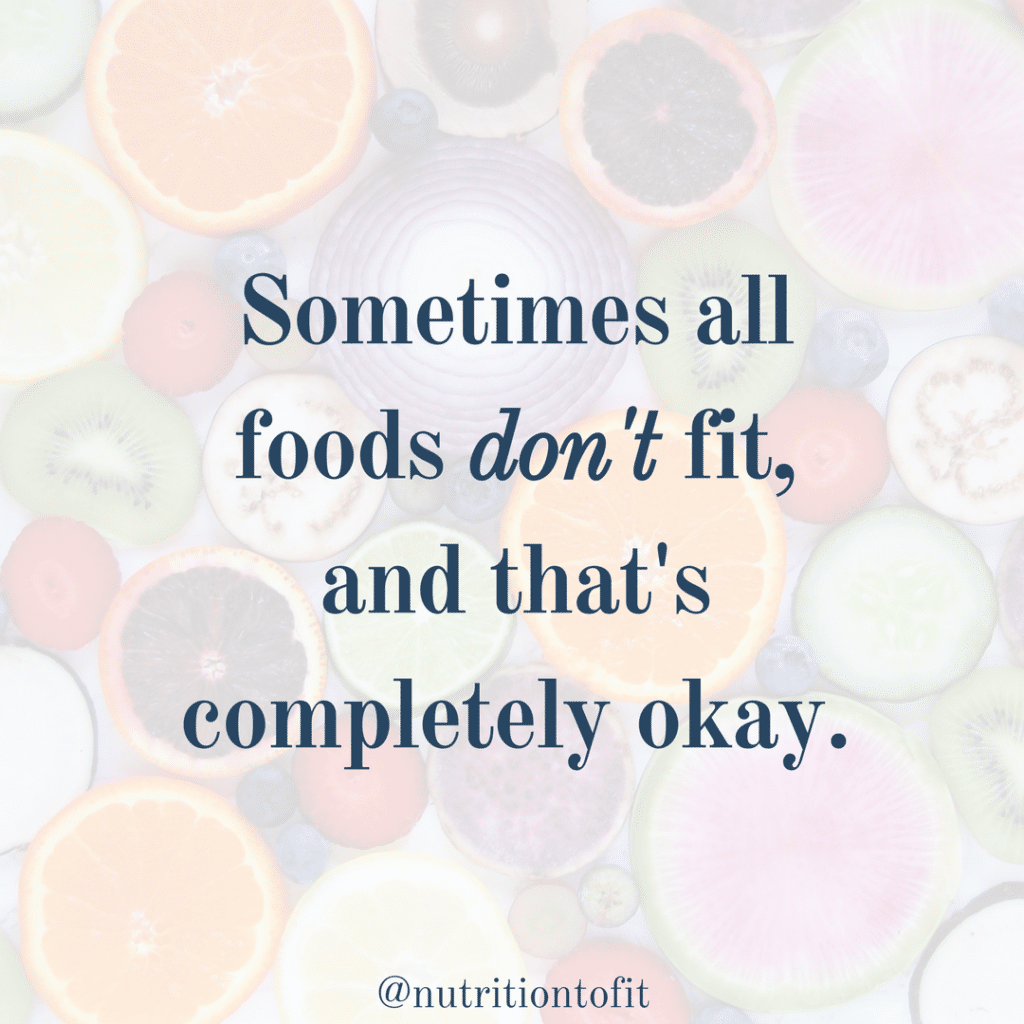
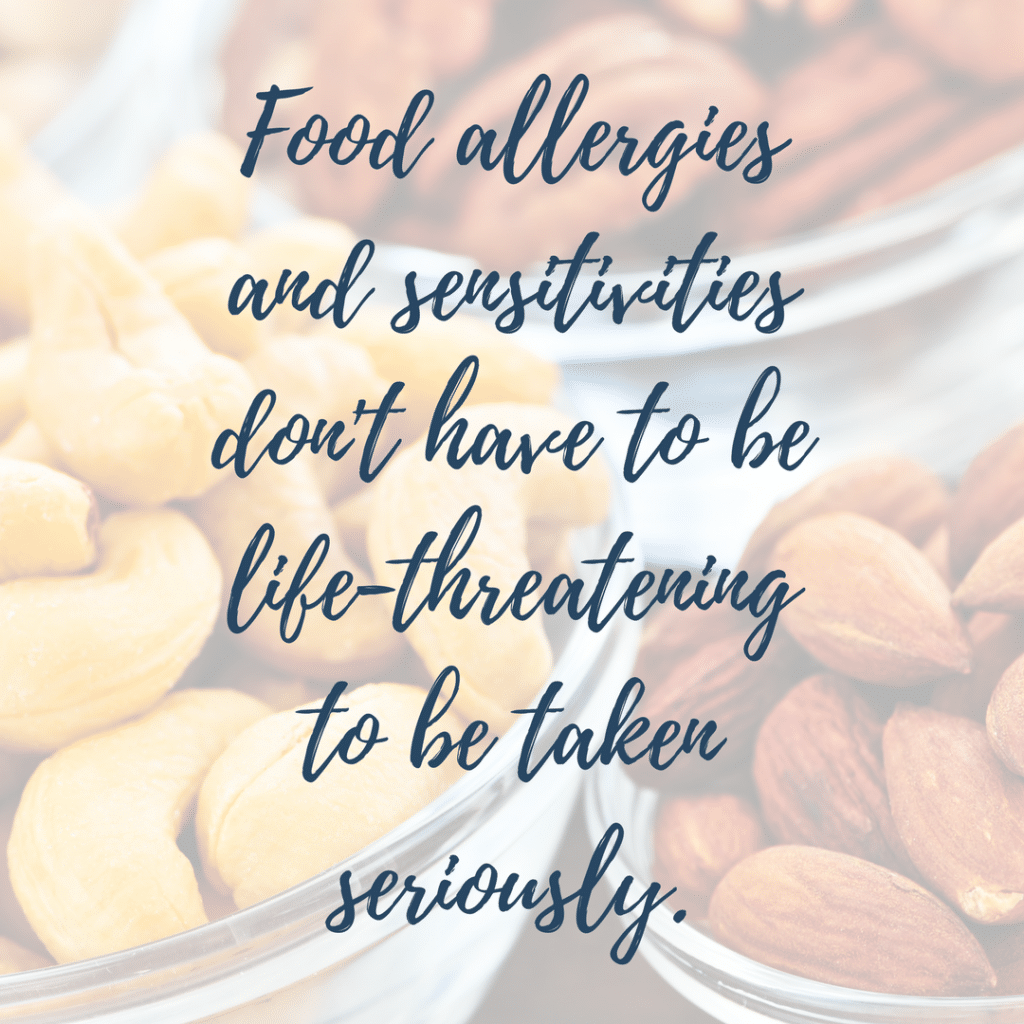
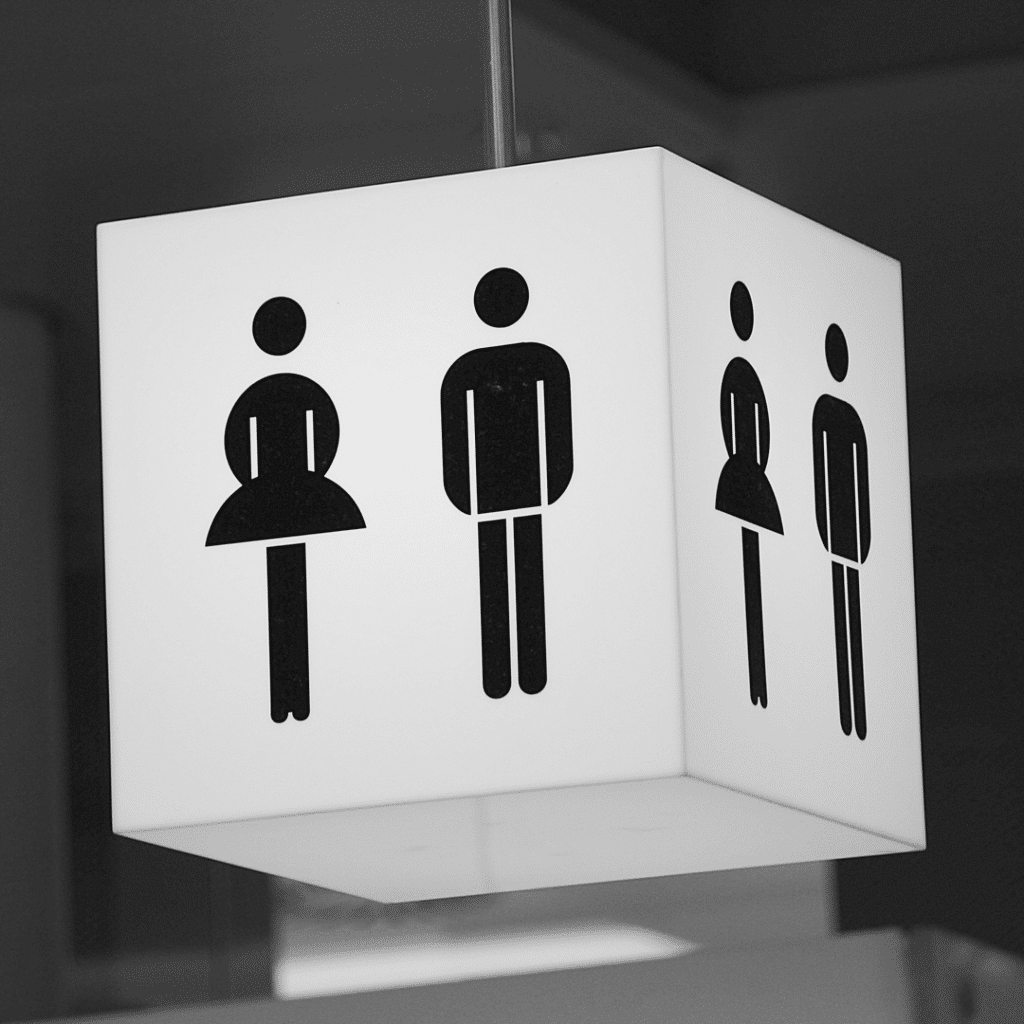



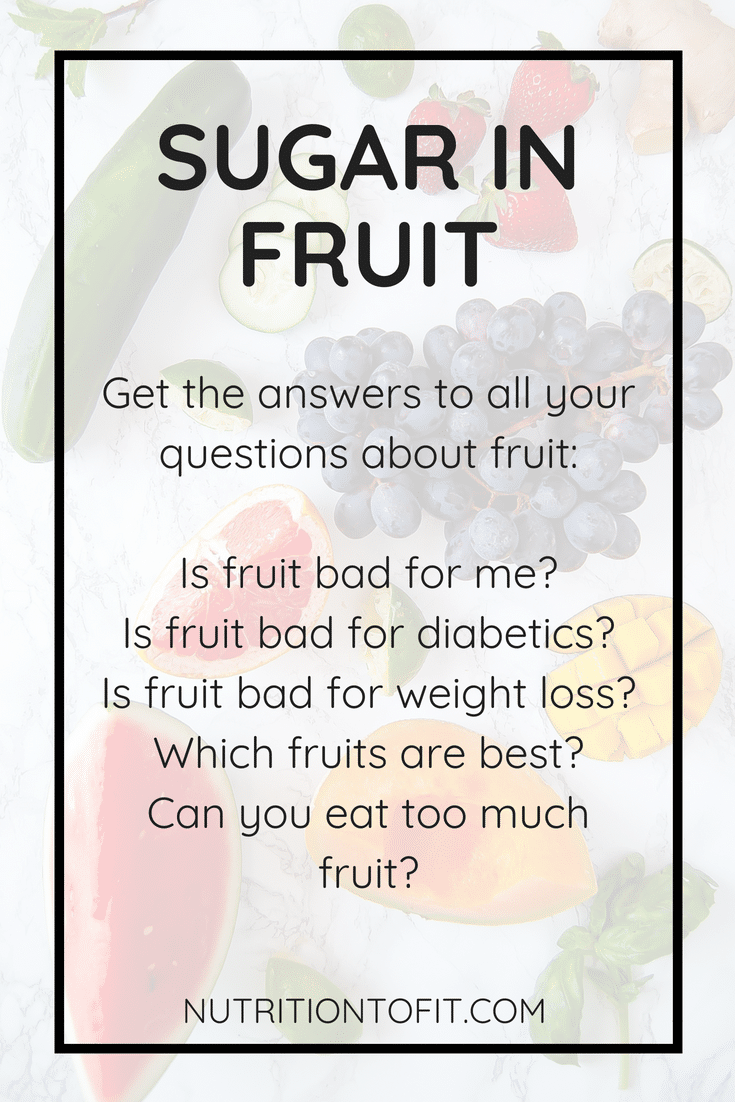
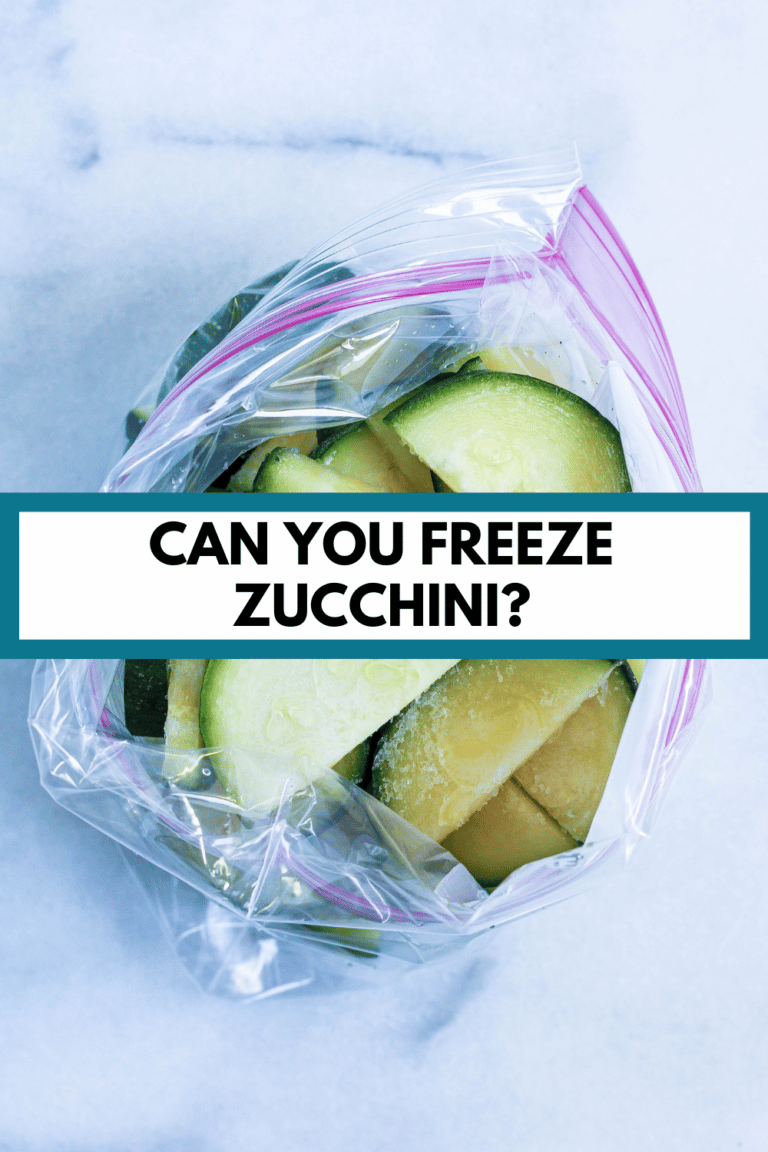
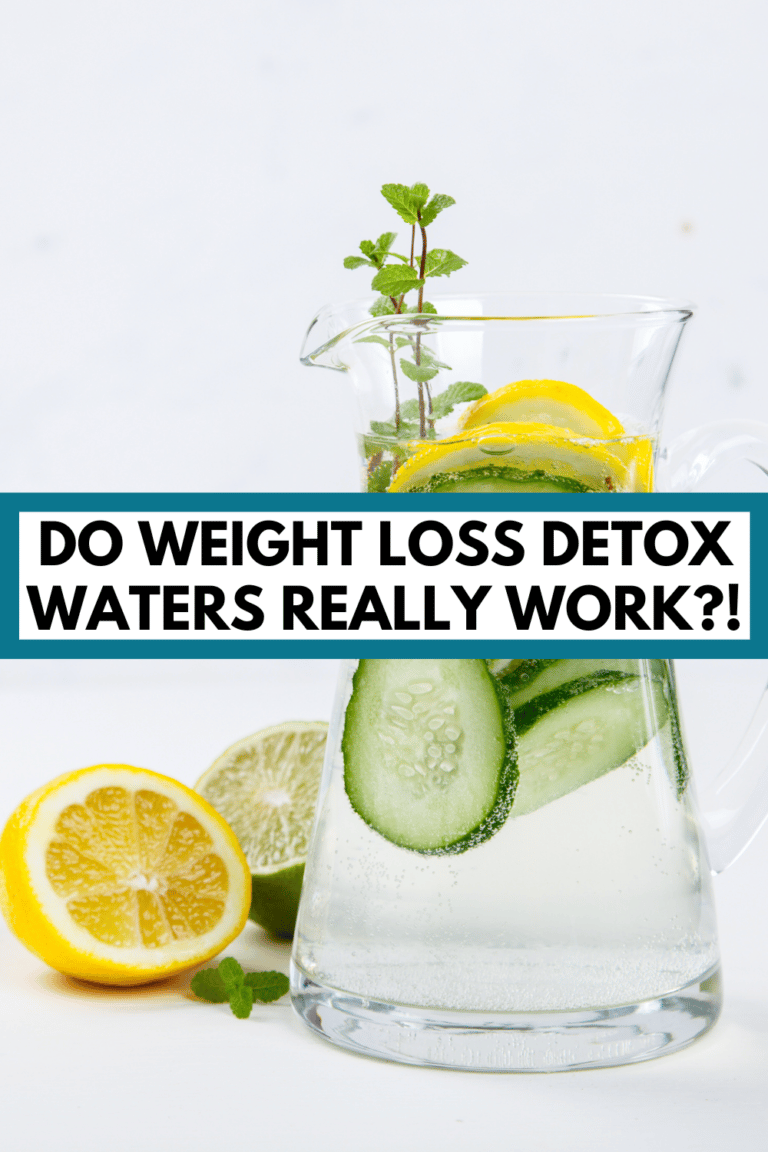

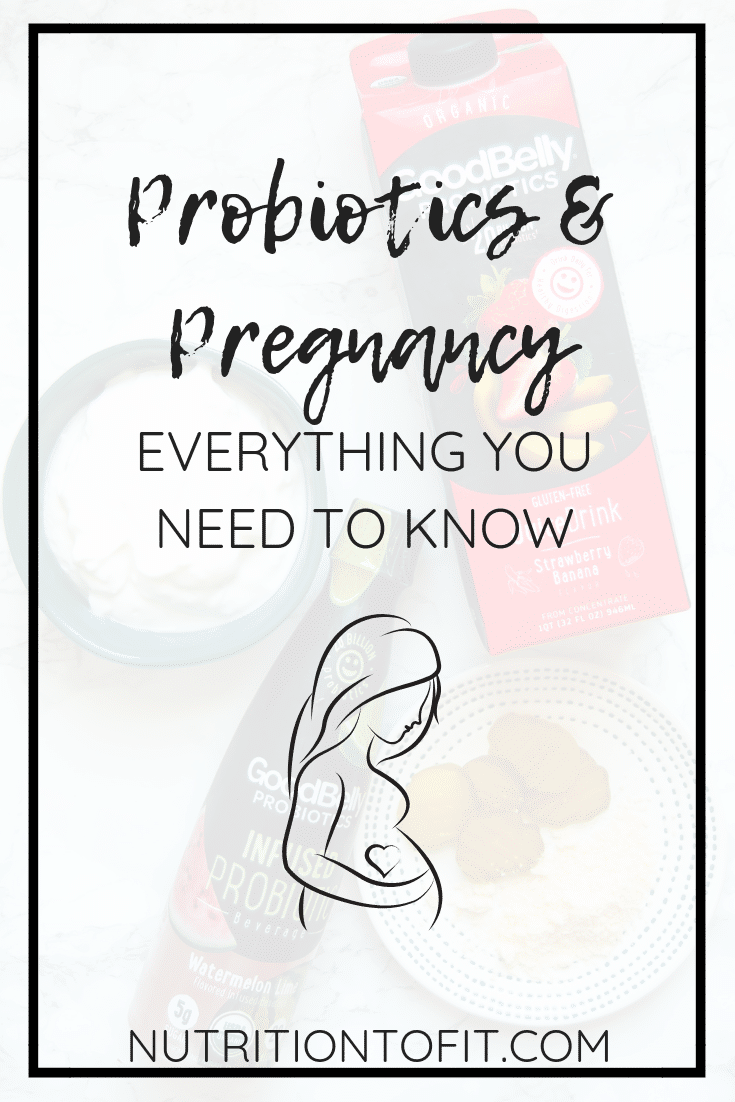
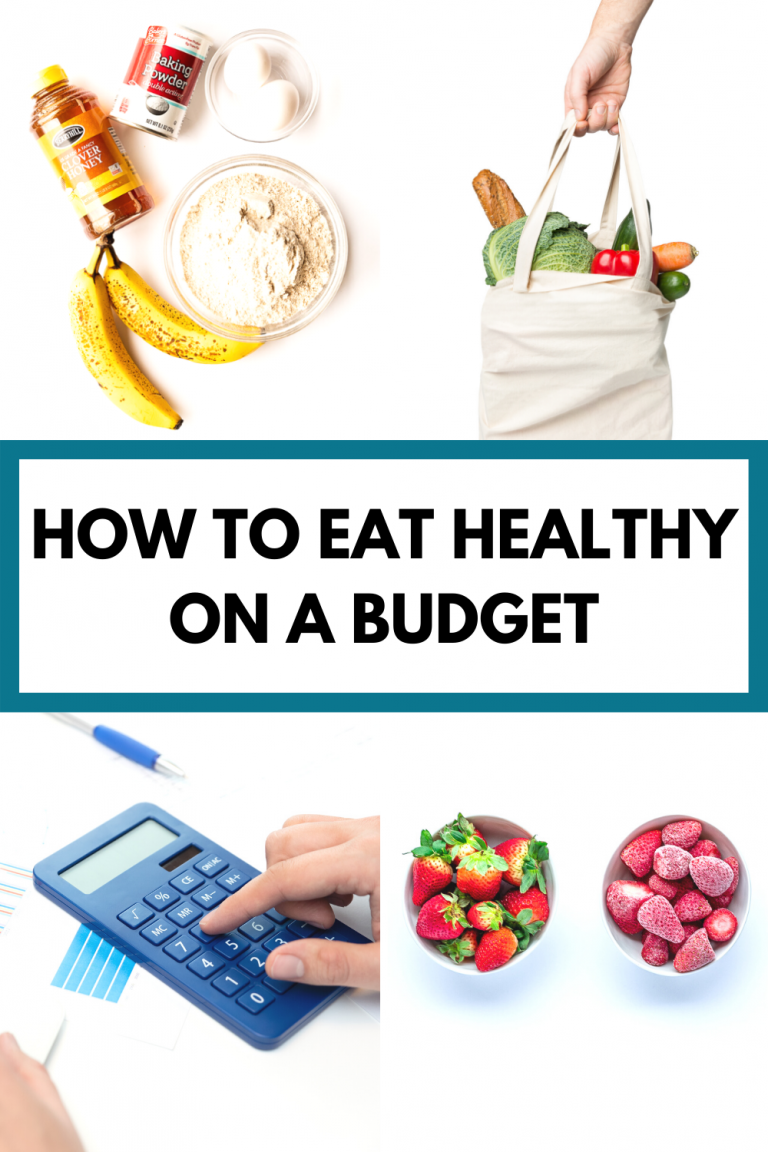
Thanks for sharing this personal story Lindsey. I think it’s so important we see both sides of this issue and I couldn’t agree more- everyone needs a unique and individualized approach.
Thanks, Liz! There are always many sides to every conversation and I’m happy to lend my story and my voice to this side! <3
Yes yes yes! Well said and thank you for sharing your story. Every adverse food reaction/symptom is valid regardless of “severity” and to discount how a patient feels is truly insensitive and harmful!
Thank you so much, Claire!! And so much YES to your comment! It’s important to remember everyone’s experience is valid, even if it’s not the same as our own!